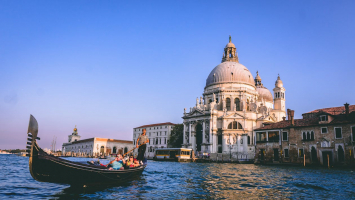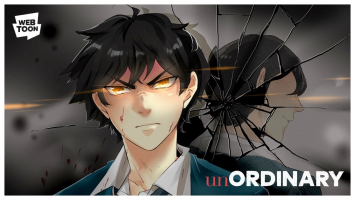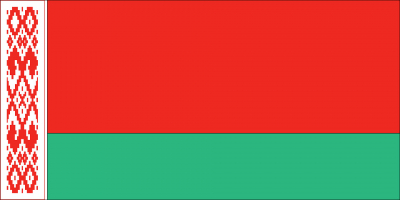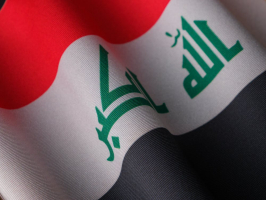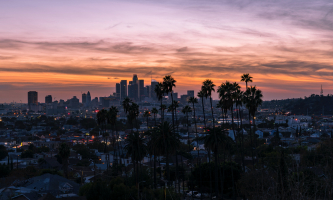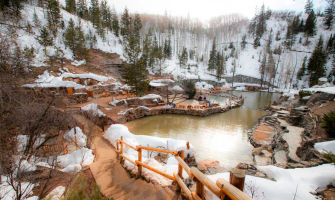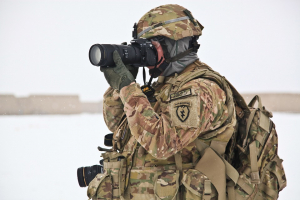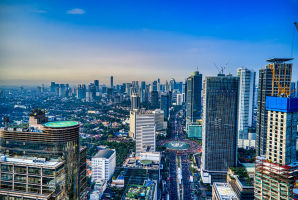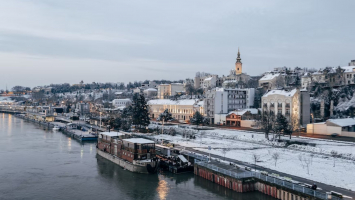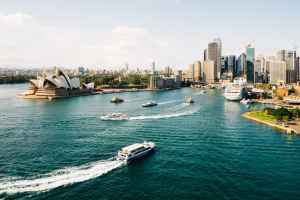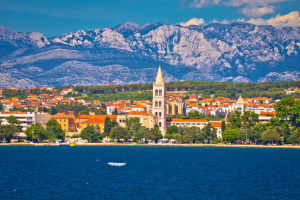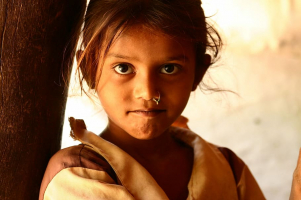Top 5 Reasons Why Russia is Invading Ukraine
On 22 February 2022, Russian President Vladimir Putin launched a military campaign in Ukraine, sending shockwaves throughout the world. He warned that any ... read more...foreign intervention would have "consequences they have never seen". Let's find out the reasons why Russia is invading Ukraine in this article!
-
The purported motivation for Russia's military invasion of Ukraine was the eastward expansion of the North Atlantic Treaty Organisation (NATO). Putin has expressed alarm over NATO's (North Atlantic Treaty Organization) expansion into Eastern Europe and former Soviet republics, particularly Ukraine.
NATO is a political and military alliance founded in 1949, with 30 member countries including the United States, Canada, the United Kingdom, France, Belgium, and many other European states. NATO membership is accessible to any European country that meets the organization's requirements. According to the alliance, Ukraine is one of three states considered aspiring members. Putin has criticized NATO's eastward expansion since the Soviet Union's collapse in 1991. He has stated that NATO joining states near Russia's borders is a provocation, despite NATO's assurance that it is a defensive alliance and not a danger to Russia.
One report stated: “Putin claimed that the eastward expansion of the Western alliance was a major factor in his decision to send troops to Ukraine’s border". Putin also stated in one speech that the invasion of Ukraine was in self-defense against NATO expansion.
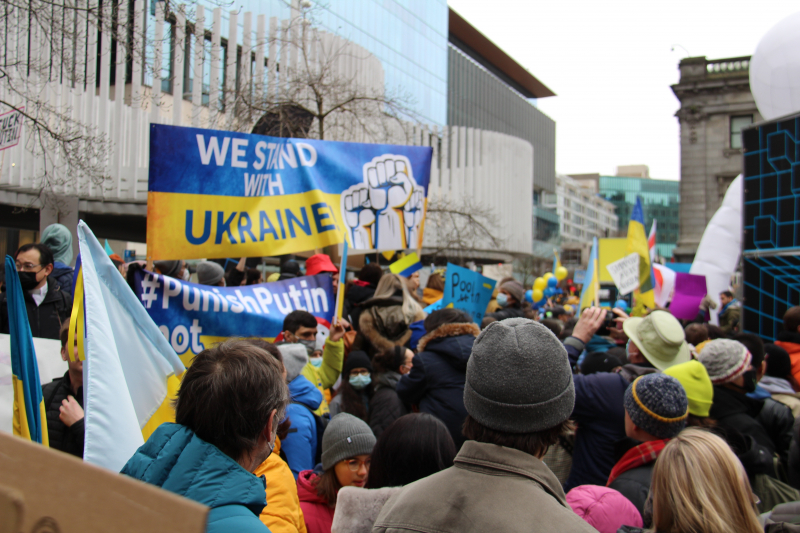
Photo by Sima Ghaffarzadeh on pexels.com 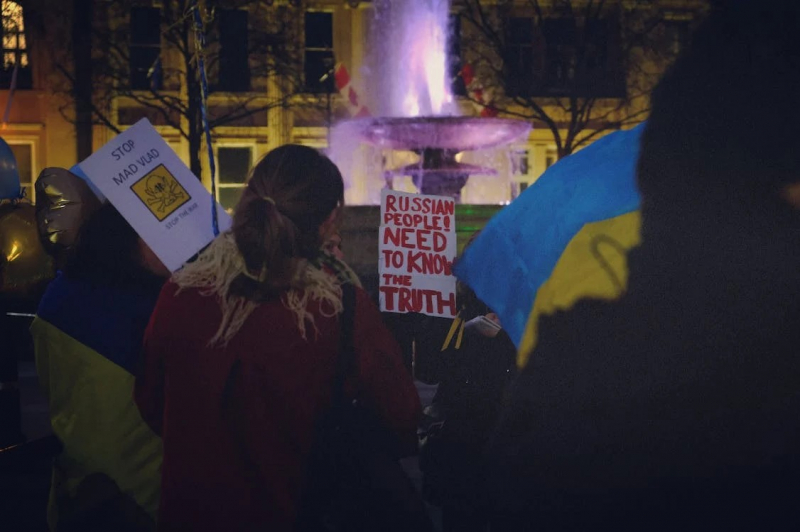
Photo by Dima Iatco on pexels.com -
There are several opinions about the reason Russian President Vladimir Putin attacked Ukraine on February 24, 2022. However, in a televised speech on February 23, Putin offered an unexpected - and false - reason. "The purpose of this operation is to protect people who, for eight years now, have been facing humiliation and genocide perpetrated by the Kyiv regime,” Putin said. (Genocide is “the destruction of a nation or of an ethnic group,” according to Lemkin’s definition).
Putin claims that Ukraine is specifically targeting – and killing – Russian speakers in eastern Ukraine, where Russian-backed rebel rebels have been battling the Ukrainian government since 2014. Putin's claim that Ukrainians committed genocide against Russians is an example of how genocide claims are abused for political purposes. In this situation, Putin is misusing the word to justify invading Ukraine.
Putin declared Donetsk and Luhansk, two rebel territories in the Donbas, separate entities and sent Russian soldiers there for "peacekeeping", a move largely interpreted as a reason for war. In one of his speeches, Putin reiterated his allegations of genocide, claiming he wanted to "denazify" Ukraine, a country whose democratically elected leader, President Volodymyr Zelensky, is Jewish.
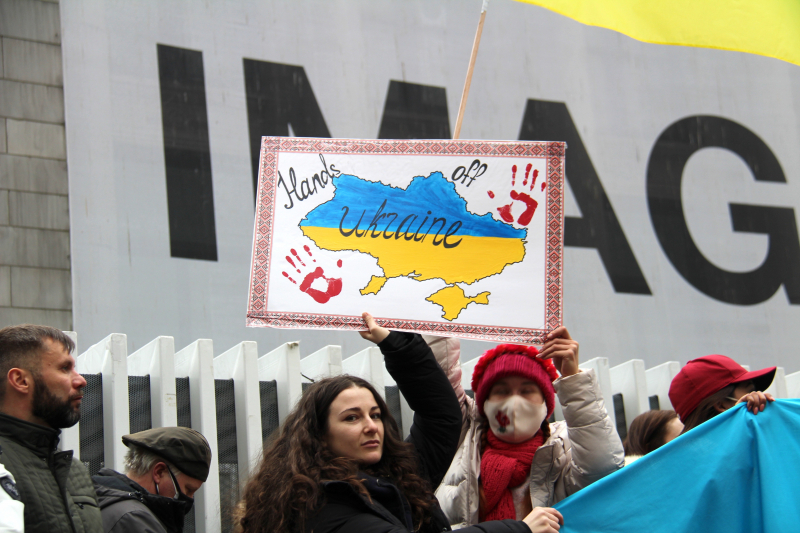
Photo by Sima Ghaffarzadeh on pexels.com 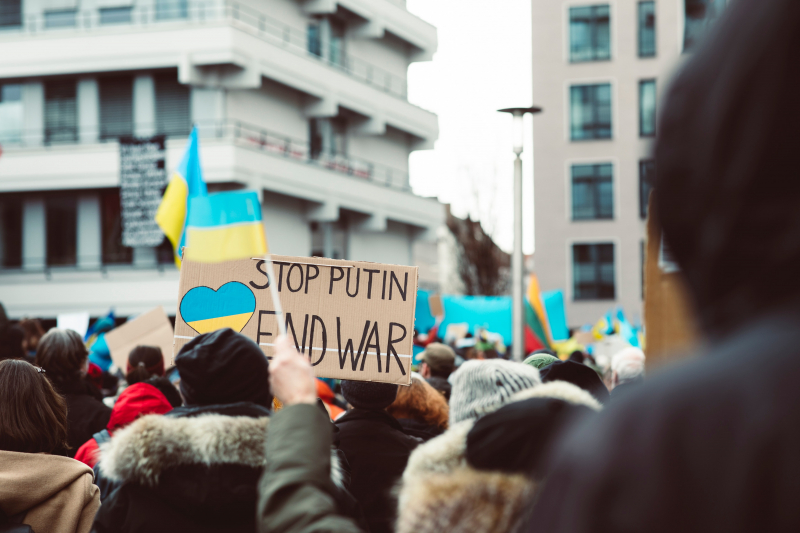
Photo by Markus Spiske on pexels.com -
Putin said in a speech: "Ukraine has never had its own authentic statehood. There has never been a sustainable statehood in Ukraine". Despite substantial evidence of a unique Ukrainian culture prior to then, he believed that Ukraine was a creation of the Soviet Union under its first leader, Vladimir Lenin. Putin also claimed that Ukraine was historically part of Russia's territory.
He said in his speech: "Let me emphasize once again that Ukraine for us is not just a neighboring country. It is an integral part of our own history, culture, spiritual space". Putin declared that Russia will recognize the two separatist regions of Ukraine as separate entities. He stated in his speech that the Donbass area, which includes the two separatist regions, should never have been part of Ukraine in the first place.
But in fact, since the 1700s, Russia has been at the center of a vast empire that included areas beyond its current borders, including Ukraine. After the foundation of the Soviet Union, most of those territories remained under Moscow's control, but several, particularly Ukraine, became independent states when the Soviet Union collapsed in the 1990s.
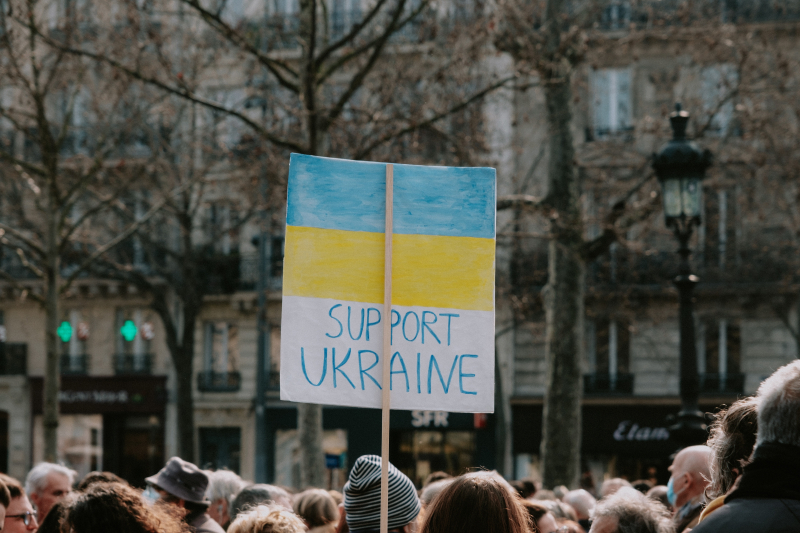
Photo by Mathias Reding on pexels.com 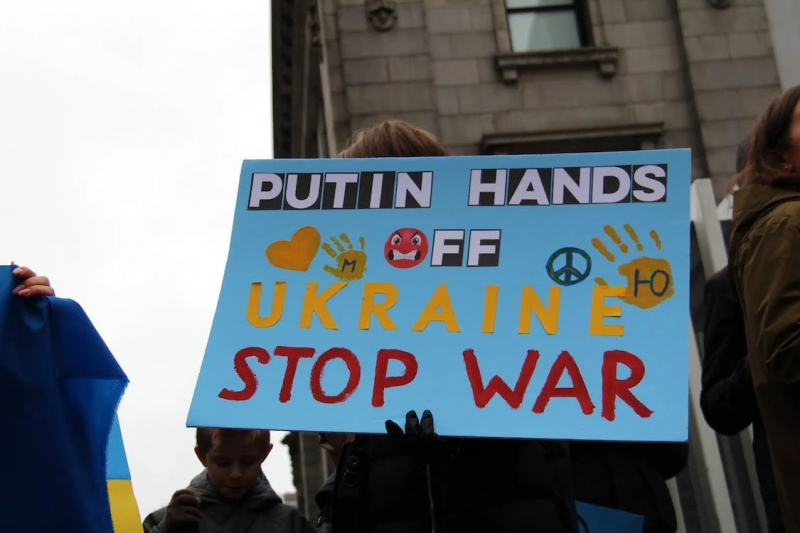
Photo by Sima Ghaffarzadeh on pexels.com -
Following the end of the Soviet Union, Ukraine willingly surrendered its nuclear weapons in return for security guarantees from the United States, the United Kingdom, and Russia. Putin, on the other hand, has shown concern that Ukraine has the capability and ambition to develop nuclear weapons, posing a threat to Moscow. While there is no evidence that Ukraine is attempting to obtain nuclear weapons, The New York Times stated that Putin has spread conspiracy theories in order to exaggerate the threat and justify an invasion.
"Whoever tries to hinder us, and even more so, to create threats to our country, to our people, should know that Russia's response will be immediate. And it will lead you to such consequences that you have never encountered in your history", the Russian president said. When asked if Putin's use of the term "such consequences that you have never encountered in your history" was interpreted as a threat to deploy nuclear weapons in the Ukraine crisis, France's foreign minister, Jean-Yves Le Drian, said it was.
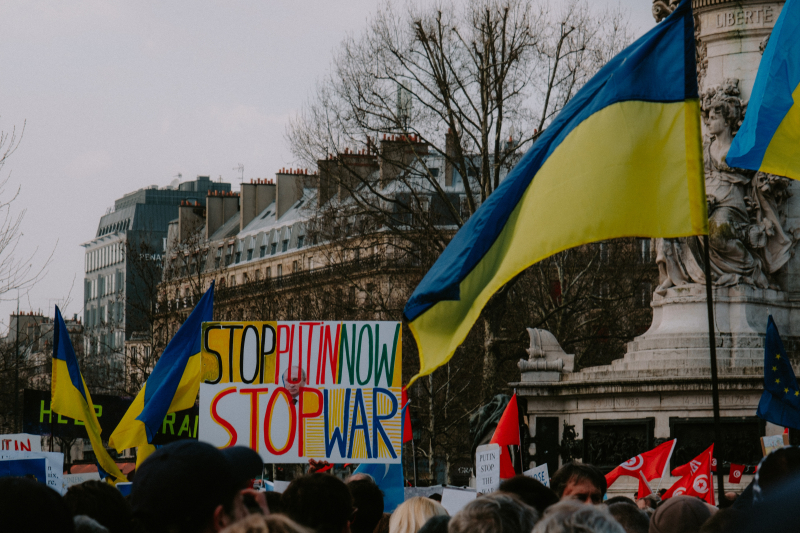
Photo by Mathias Reding on pexels.com 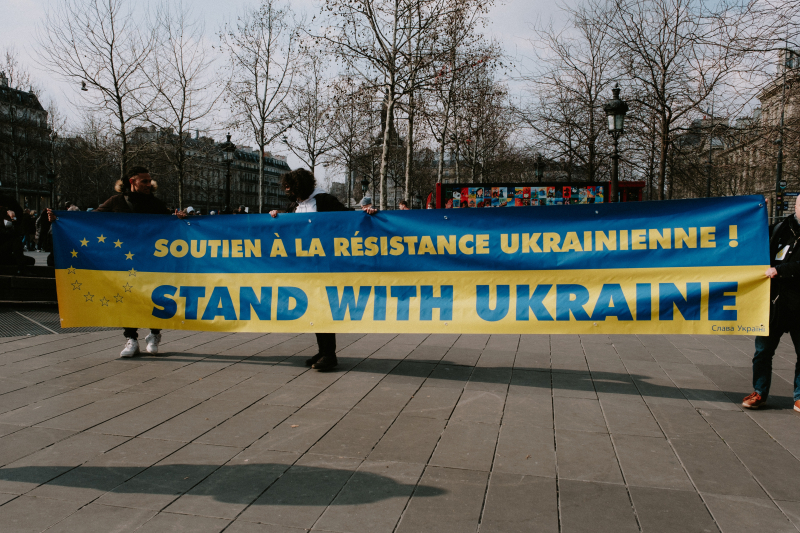
Photo by Mathias Reding on pexels.com -
When Russian President Vladimir Putin launched an unprovoked war on Ukraine in February, experts predicted a rapid triumph and the start of a campaign to restore the Russian Empire or the Soviet Union. World leaders have called for President Vladimir Putin to stand trial for war crimes, but experts are fearful that the horrors will continue as the despot chases an ambitious goal to construct a wide empire. Is that he want to build back an empire and restore the control Russia, or the Soviet Union, had over Europe and Asia during the Cold War?
Putin has made it obvious that the West should remain out of the former Soviet Union, particularly in Ukraine. One of Putin's justifications for invading was the North Atlantic Treaty Organization's eastward expansion. He has demanded that Ukraine, a potential NATO member, be denied entry into the alliance. Experts suggest that Putin was motivated by a deeper desire: to revive the USSR or the ancient Russian Empire, which predated the Soviet Union and included, among other countries, Ukraine, Finland, Belarus, Georgia, Moldova, Kazakhstan, Kyrgyzstan, and Tajikistan.
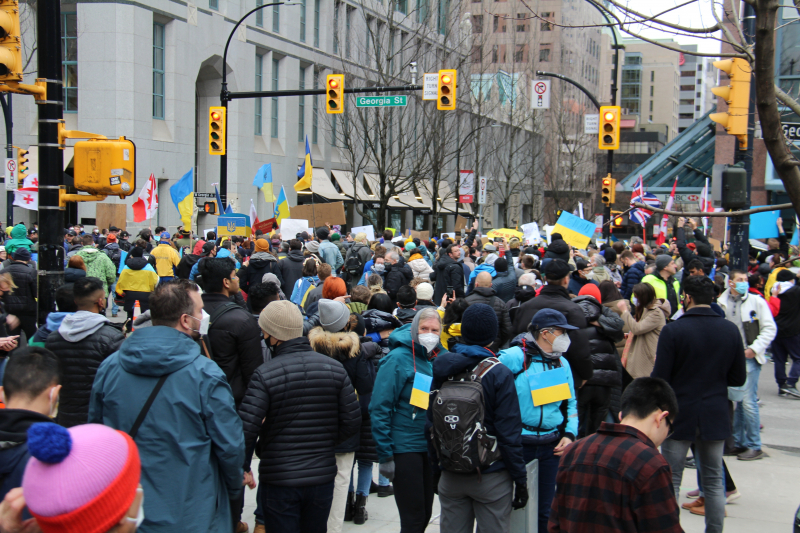
Photo by Sima Ghaffarzadeh on pexels.com 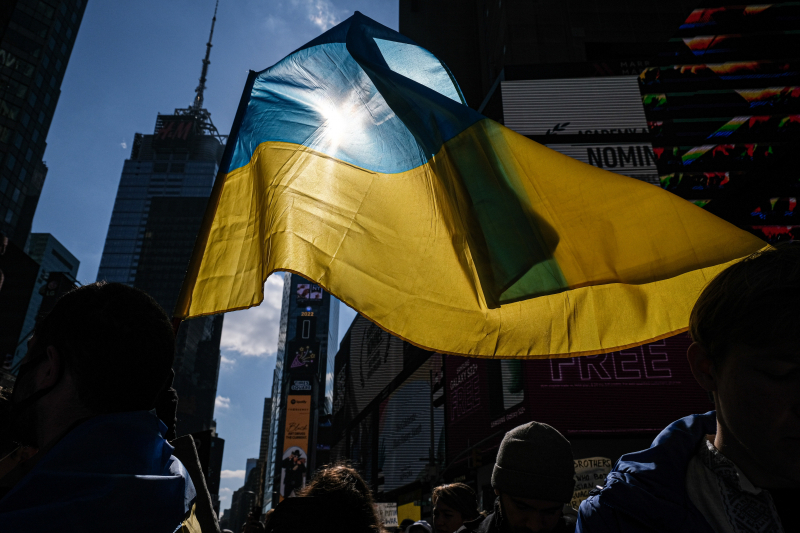
Photo by Katie Godowski on pexels.com







